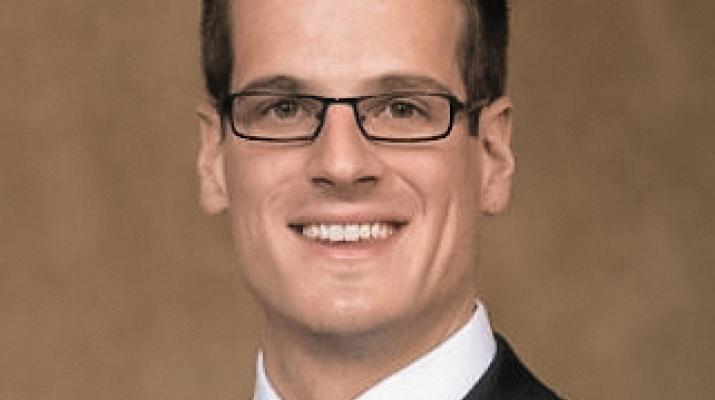
Experiential Learning: The Carlson Consulting Experience
Sunday, September 1, 2013
By Christopher Pederson
Through the Carlson Enterprise programs, MBA students sharpen their skills on timely, real-world business challenges.
The issue: Consulting.
The Carlson Consulting Enterprise (CCE) has long used a classic structured approach to client strategy and operational challenges. Whether it’s poring over the numbers at the heart of a market opportunity or analyzing a reengineering effort, it specializes in investing the time and effort to study and weigh a range of options before making recommendations. As a result, clients can expect the same grade work that they’d get from a top-tier consulting agency.
Most of the projects taken on by the students are cross-functional, in that they bring in a variety of business disciplines, including supply chain and operations, finance, strategy, and marketing.
Here’s a look at one of the 20 projects the CCE worked on last year and how it made a powerful impression on one Carlson School alumnus—and on his multinational corporate employer.
Fresh Perspectives
For all of its presumed glamour, marketing is a remarkably challenging profession. On one hand, you’re given the exhilarating task of finding new and creative ways to help your company expand and fortify its market positioning. At the same time, you face relentless competitive pressures and the always-present need to formulate solutions that deliver tangible ROI.
Hijaz Haris, ’97 BSB, ’98 MBA, understands that dynamic quite well. Since joining Fridley, Minn.-based Medtronic in 1998, he’s worked in a range of marketing, sales, and finance roles for the global medical device provider. In his latest position, he serves as the marketing director for the company’s Restorative Therapies Group, which develops solutions for people with chronic medical conditions.
Last spring, he engaged the Carlson Consulting Enterprise (CCE) on a project that involved a detailed market analysis of the interventional pain management technology market. “We worked with a team of Carlson School students to examine the landscape of potential tech solutions,” he says. “The project had numerous components, including weighing the solutions that are growing at the fastest pace and a look at the market segments which might be the most attractive to Medtronic.”
The CCE team used a highly structured approach to the 16-week project. Members began by painstakingly clarifying the project’s scope, laying out all of its key issues and questions, and then digging in to do extensive research that included interviews with health care providers to understand patient needs, decision-making processes, system gaps and opportunities, and more.
Haris certainly was impressed. “It was a really good experience to work with the CCE team,” he notes. “They were extremely professional and competent. They quickly grasped what I was looking for—and then they delivered on that. The quality of their output was on par with leading management consulting companies.”

“The project allowed us to partner with the client to identify real, winnable, and worthwhile expansion opportunities. It offered me the chance to work with a market-leading client that wanted us to address a very real, complex strategic question.”
Invaluable Experience
Patrick Siegling, MBA ’13, MHA ’13, had a similarly positive experience. As one of the students on the CCE team, he was primarily responsible for evaluating potential growth areas for the Restorative Therapies Group. It was, he notes, a unique opportunity. “The project allowed us to partner with the client to identify real, winnable, and worthwhile expansion opportunities,” he says. “It offered me the chance to work with a market-leading client that wanted us to address a very real, complex strategic question.”
Siegling, who recently accepted a position as a consultant with Accenture, adds that the Medtronic project made a profound impact on him.”It undoubtedly propelled my education and career to a higher level,” he says. “The general question that the client asked our team to address is one that’s faced by most business leaders today: ‘How can the company achieve top-line growth while maintaining bottom-line margins?’
“Getting to solutions required that the team think strategically about our client’s specific product line in a health care environment that is changing rapidly,” he adds. “We developed a detailed work plan, collected immense amounts of data, and applied an internally developed evaluation framework that allowed us to identify viable growth opportunities. Working through this process in the CCE has proven invaluable as I now work to help clients address similar problems every day.”
Once the team’s research was complete, members presented a final report to a cross-functional group within Medtronic that included a number of senior executives. Their work was well received—so well received, in fact, that Hijaz Haris has incorporated the team’s initial findings into a larger strategic plan. What’s more, he’s already engaged the CCE on another project that will kick off this fall. “We’re going to be looking at things on the neuroscience side,” he says. “I’m looking forward to it.”